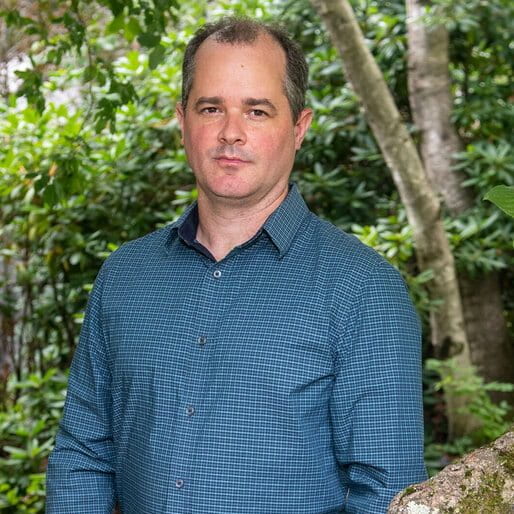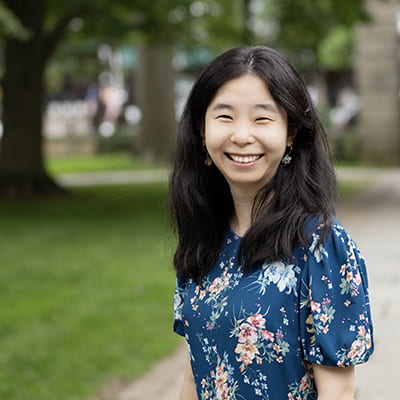Data Science. Solving real-world problems.
Faculty Chairs: Kosuke Imai & Gary King.
Overview: Data science is a new field that emerged in the late 2000s as new technology made gathering and analyzing “big data” possible (Davenport & Patil 2012). Combining skills in computer programming, structuring data, and statistical analysis, data science has grown rapidly, with new academic journals, graduate degrees, and research networks. Harvard now has data science programs in multiple concentrations. The Government Department’s data science program stands out for its focus on teaching students to use these skills to solve real-world problems.
A number of alumni from the Government department’s undergraduate and graduate programs are going into the data science industry. These alumni are working at top tech companies (Facebook, Google, Netflix) and in data journalism, data-driven political consultancies, and impact evaluation non-profits.
Requirements: 4 letter-graded courses from the list below. Most students will start with the foundation courses Gov 50 & Gov 51, followed by two elective courses. Advanced students may skip Gov 50 and/or 51, provided they replace each skipped class with an additional course from the elective list below. (Note that many courses listed below assume statistical knowledge at the level of Gov 51.)
Gov 50 covers the fundamentals of data science as applied to the social sciences: visualization, wangling, causal inference, prediction, and inference. All the while you will learn how to communicate your findings to a broad audience and how to use the professional tools of the trade such as R, tidyverse, and GitHub. Each student will complete a final project to showcase their acquired skills. No previous experience with statistics or statistical computing is required.
Gov 51 is designed to highlight the types of methods students would be most likely to encounter in both research and industry. This course will go deeper into prediction and modeling in linear and nonlinear models and causal inference approaches (instrumental variables, regression discontinuity designs, difference-in-differences). This will give students a suite of statistical and computational tools to use in their research projects, senior theses, or industry jobs.
Data Science Electives
Courses that are currently scheduled to be offered in AY2025 are highlighted in bold below. (Please note that this list will be updated periodically as new course information becomes available.)
- Gov 94JC: Making Big Data
- Gov 94SN: Media and Politics
- Gov 1003/HKS DPI 610: Data Science for Politics
- Gov 1008: Introduction to Geographical Information Systems
- Gov 1009: Advanced Geographical Information Systems Workshop
- Gov 1013: GIS Analysis of Hazard Vulnerability
- Gov 1300: Congress: Power and Preferences
- Gov 1347: Election Analytics
- Gov 1372: Political Psychology
- Gov 1560: Latinx Politics
- CS1090a: Data Science 1: Introduction to Data Science
- CS1090b: Data Science 2: Advanced Topics in Data Science
- Stat 110: Introduction to Probability
- API 211: Program Evaluation and Education Policy (at the Harvard Kennedy School)
- API 222: Machine Learning and Big Data Analytics (at the Harvard Kennedy School)
Courses in the Government Department’s graduate methods sequence (Gov 2001, Gov 2002, Gov 2003, and Gov 2018) can also be used to fulfill the 4-course requirement in Data Science. Students may petition to count other courses not on the list above by filling out this form.
Double Counting: Students may use their 4 data-science courses toward other Government concentration requirements, such as the Gov methods requirement or a subfield requirement, provided these classes would otherwise meet those requirements.
Other Requirements: All Government concentrators must have a minimum of 10 unique courses in Government to graduate. Courses above in other departments do not count toward this 10-course requirement.
Advising: Uma Ilavarasan is the adviser for the Data Science program. Please contact her with any questions or to discuss your interests in joining the program.
Declaring: To officially join the Data Science curricular program, concentrators should complete the Data Science plan of study supplement and submit the completed form to the Government Department Undergraduate Manager, Karen Kaletka.
To learn more about the field, please visit Quantitative Social Science in the Government Department.










